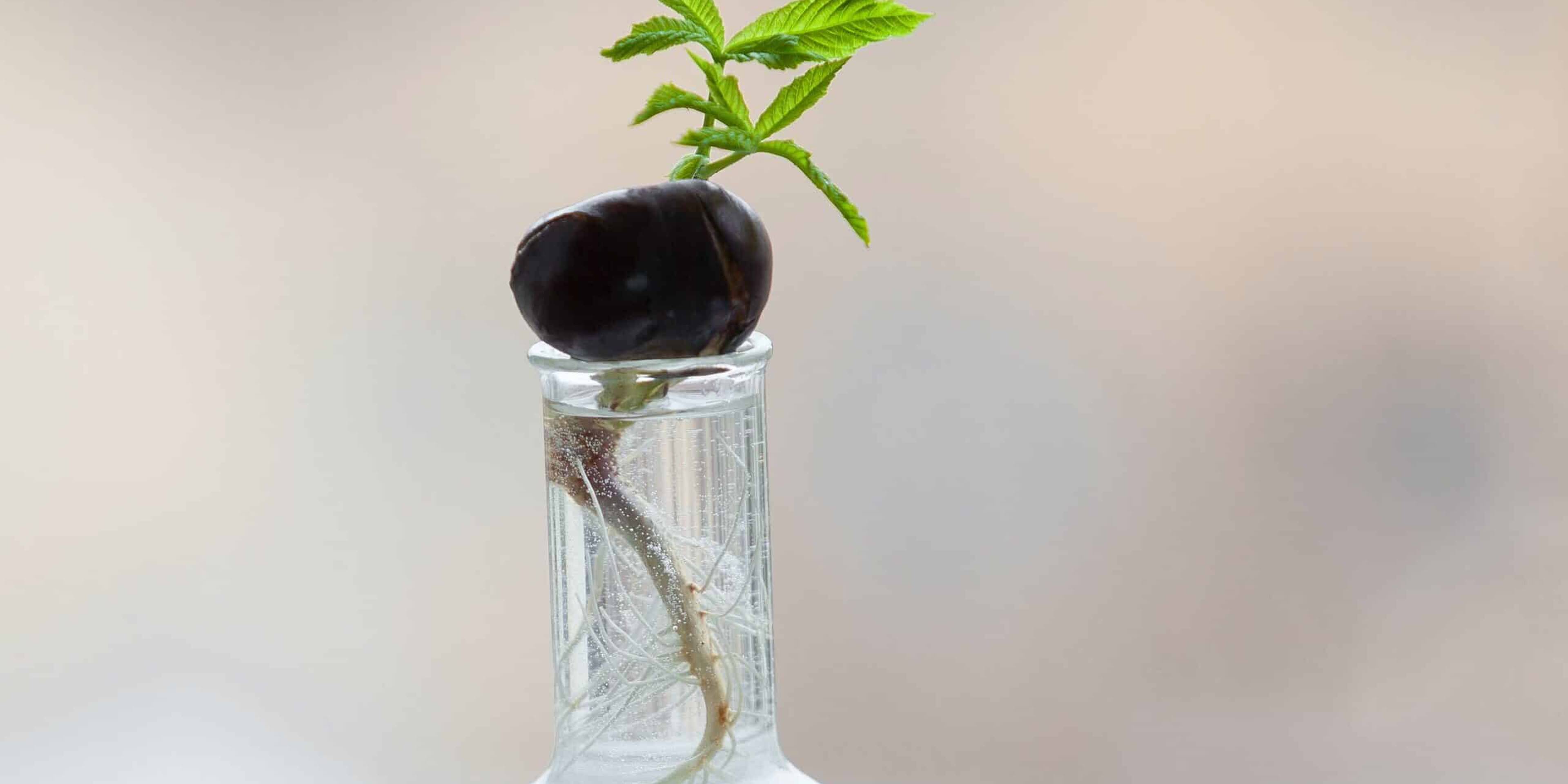May 06, 2020
Green Shoots
By Dr Kathy Weston

Reflect
I have been reflecting on the nature of ‘institutionalisation’ this week; a term coined by sociologists to describe the effects of being locked up for a significant period of time. As a prison researcher, I documented the effects of institutionalisation and vividly recall prisoners telling me what simple deprivations felt like.
Whilst locked up, men told me how they longed for basic pleasures, such as “eating out of my own fridge”, “visiting a shop and being able to choose my own food”, “using a phone to talk to family, whenever I feel like it”. Dreaming and hoping got them through the experience of incarceration and helped them to cope on a daily basis. However, re-entering the world required a new kind of adaptive coping that could feel quite unexpected.
Their first days of liberty were often terrifying, and officially termed “exit shock”. The jolt into normality often entailed an assault on the senses. Cars seemed to speed past at a million miles per hour, the high street seemed overwhelmingly noisy and, socially, things felt impossible and disconcerting. The normality that they longed for, felt terrifying. As a young researcher, I struggled to comprehend this; how could freedom ever be scary?
Motivate
In our own metaphorical prison at the moment, the debate is raging outside about when, or if, children should return to school.
In many of the online discussions that I have seen, one thing is palpable; fear. It is daunting to consider how all of us (including our children) will need to adjust to new sets of rules to protect our families and communities. We might be fearful about little things too; going to the shops, people standing too close to us, or seeing relatives and friends for the first time. Will we be able to reconnect?
To be blunt, liberty may not be as (immediately) sweet as we might imagine and it’s sensible to acknowledge this. As parents, our aim should be to soften the jolt that our children will experience on re-entry into ‘normal’ life. In gently introducing the idea of how things might be different or how they might feel, and creating family coping strategies for these situations, we do our children a great service.
Support
Gentle expectation setting is also important. By the end of this week, we may have some idea about when children will be allowed to return to school and what this might look like. As parents, we should be prepared for all scenarios.
It is possible that our children may not be able to return to school until September. Or we may be told that one child is heading back in June, but perhaps our other children are not.
Be careful how you respond to the government announcement in front of your children. If you express visible alarm, fear and concern about a school return, it may make any eventual return to school an incredibly anxious venture for them. Rather, remain cool and constructive.
Anticipatory anxiety about what’s next is perfectly normal, but let’s try to manage it. In modelling a sense of joy and relief that giant steps are being made to stop the spread of the virus (via the new tracing app) and that small steps are being made to return to normality, children should feel reassured. Progress is a beautiful thing; let’s celebrate every green shoot.
Are you a Tooled Up member?
If you are a registered member of the Tooled Up community, click here to explore our library of resources.